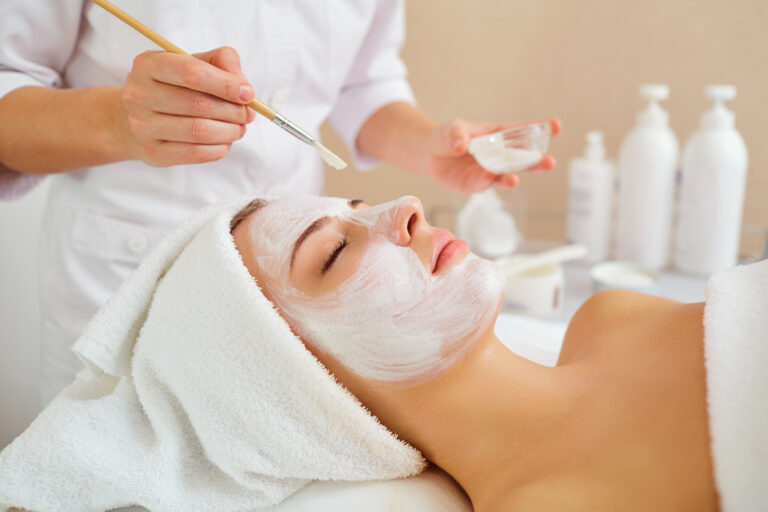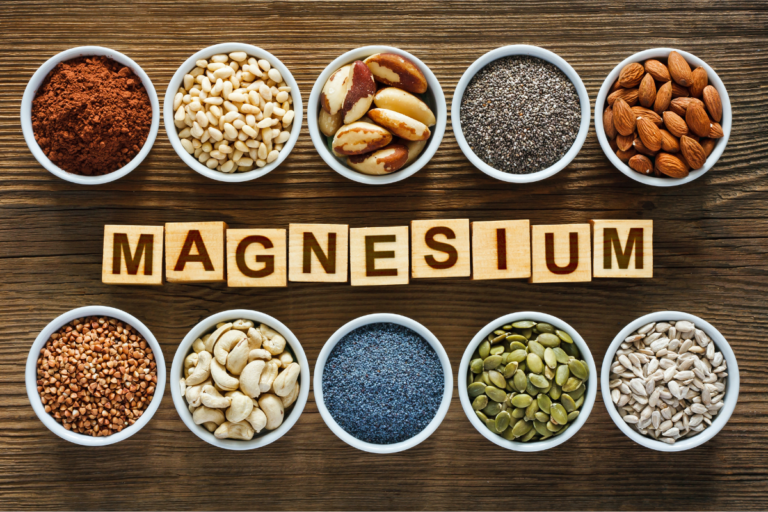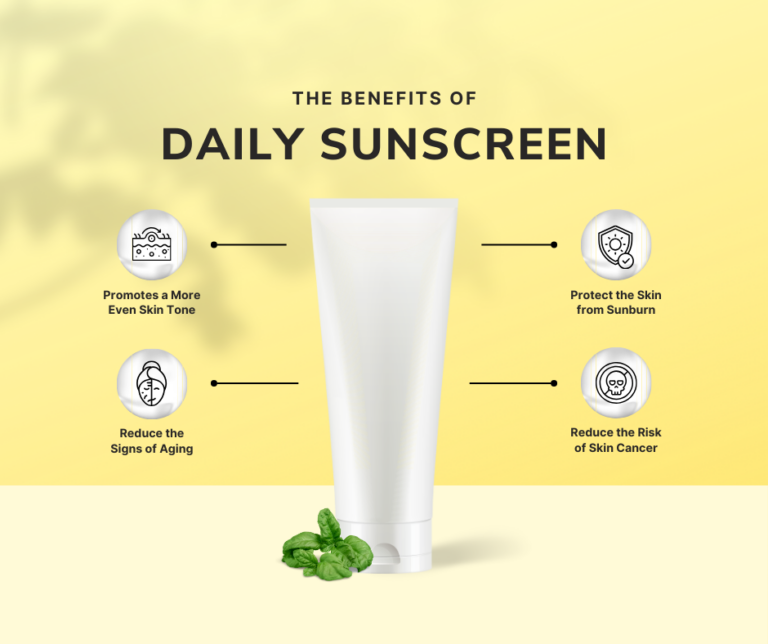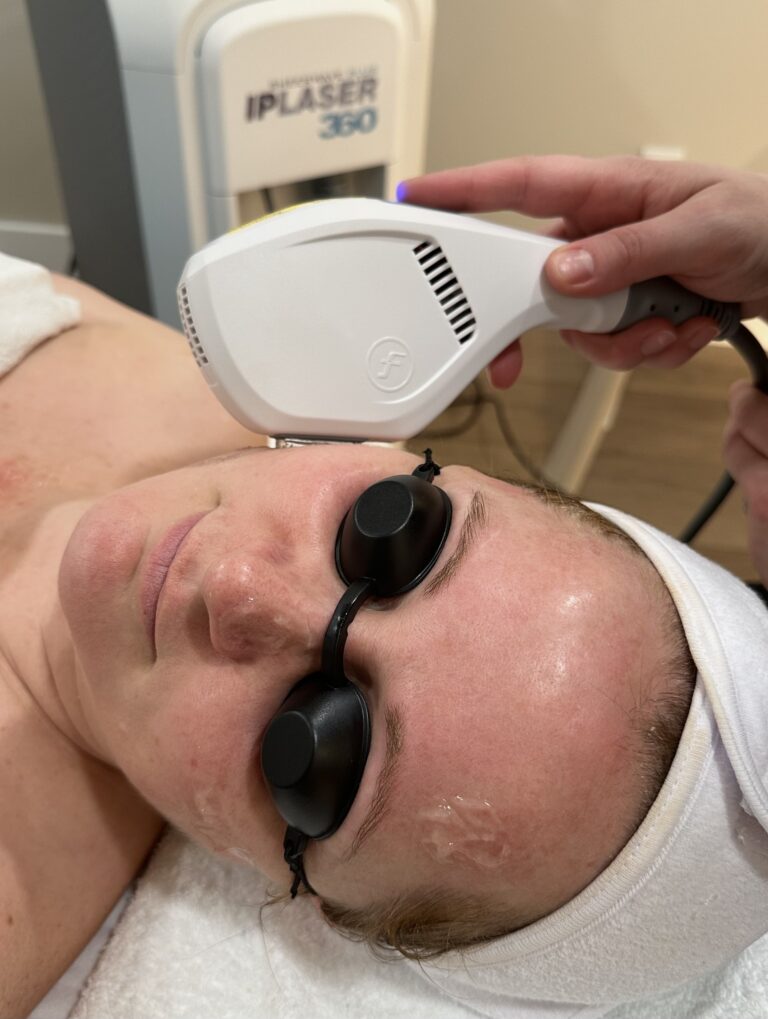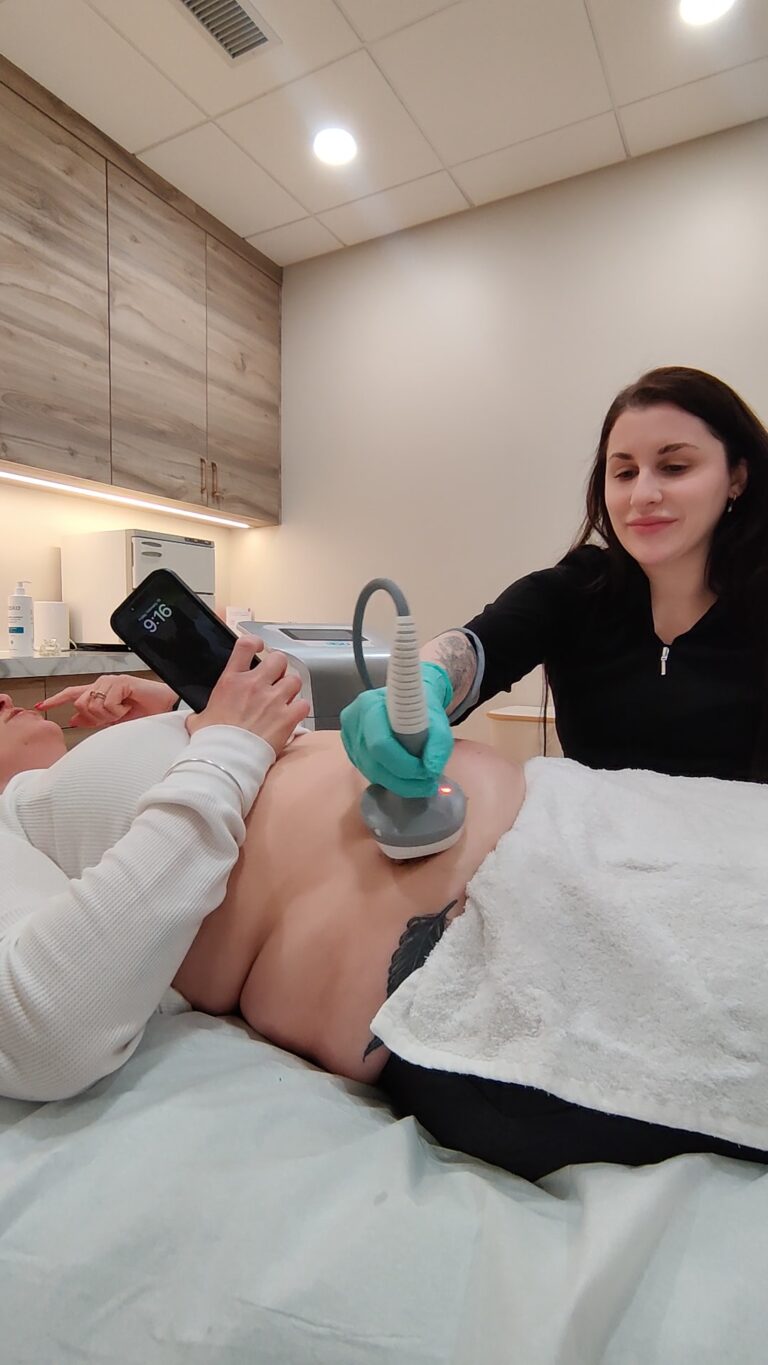June is Acne Awareness Month
If you, or someone you know, is struggling with acne, there are solutions.
Acne is the most common skin disorder that affects about 4 out of 5 people at some point, particularly through the ages of 11-30. Acne is a disorder of the skin’s oil glands. Results are blocked pores which eventually leads to what are commonly known as pimples.
Although we see acne more in adolescents, any one at any age can experience some symptoms of acne. Symptoms of acne can be a result of a number of different factors:
-
Excessive Oil Production
-
Change in Hormone Levels or a Hormonal Imbalance
-
Stress / Emotional Stress
-
Tension
-
Improper Cosmetics
-
Friction from Clothing
-
Pollution
-
High Humidity
-
Genetics
-
Squeezing the Lesion or Scrubbing the Skin
Acne is classified into four different grades:
Grade 1: Mild Acne consisting of comedones (blackheads and whiteheads), a few small papules
Grade 2: Moderate Acne presents more blemishes of comedones, papules and few pustules
Grade 3: Severe Acne will present with many papules and pustules, as well as inflammation. More redness and swelling may present on more areas of the face
Grade 4: Cystic Acne – This stage of acne presents with many deep cysts and scar formation. Large acne lesions are found on the face, neck, chest, shoulders, and back. This type of acne can be quite painful for the individual.
Different Type of Acne Lesions That Can Develop:
-
Comedones: Open pores filled with cells and oil. Blackheads are a result of oxidized oil
-
Papules: Inflamed bump, blind pimple
-
Pustules: Pus filled lesion
-
Milia: Closed pore with trapped cells and oil
-
Cyst: Deep, pus filled lesion
So, what can be done about acne?
Getting on a proper at home skincare routine that is suitable to your skin. Seeking out professional help whether it be from a medical aesthetician or Doctor. Some acne may require medical attention from a doctor for the use of medicated topicals or oral medications.
Common Ingredients to look for:
-
Benzoyl Peroxide
-
Salicylic Acid
-
Sulfur
-
Retinol/Tretinoin
Lifestyle Changes:
-
Take a look at your diet. Some patients notice reduction of acne lesions when limiting gluten, dairy, or sugary, processed foods.
-
Regular physical activity to promote overall health and reduce stress
-
Managing stress with techniques such as yoga, medication, and your regular exercise.
-
Prioritizing your sleep. A lack of sleep could lead to hormonal imbalances.
-
Keep Hydrated.
-
Never pick, scratch, or pop acne lesions as this can lead to scars and pigmentation on the skin.
At Pacifica MD we have curated a protocol to assist in reducing and preventing acne symptoms.
We work using Nelly De Vuyst skincare which is the first professional skincare line to offer an anti-acne collection that is Eco-Cert Cosmos Organic and approved by the FDA and Health Canada. This collection works without the use of aggressive agents. The formulas are dedicated to control and prevent visible symptoms of acne such as papules, pustules, excess oil production, and blackheads.
The BioAcne Salicylic Acid Complex is a beautiful in clinic treatment ideal for oily and acneic skin types. This treatment is highly effective for deep cleansing pores, removal of dead skin cells, while controlling and preventing acne symptoms. Formulated in an aloe vera suspension, this treatment yields little to no downtime.
We also offer acne treatments using IPL (Intense Pulsed Light) to destroy the acne causing bacteria on the skin.
Typically, combination therapy of at home skincare and in clinic treatments is the best course of action to reduce and prevent acne symptoms. Each individual’s treatment plan may look different than others.
Contact us at Pacifica MD to see how we can help and allow us to customize your anti-acne treatment plan.


